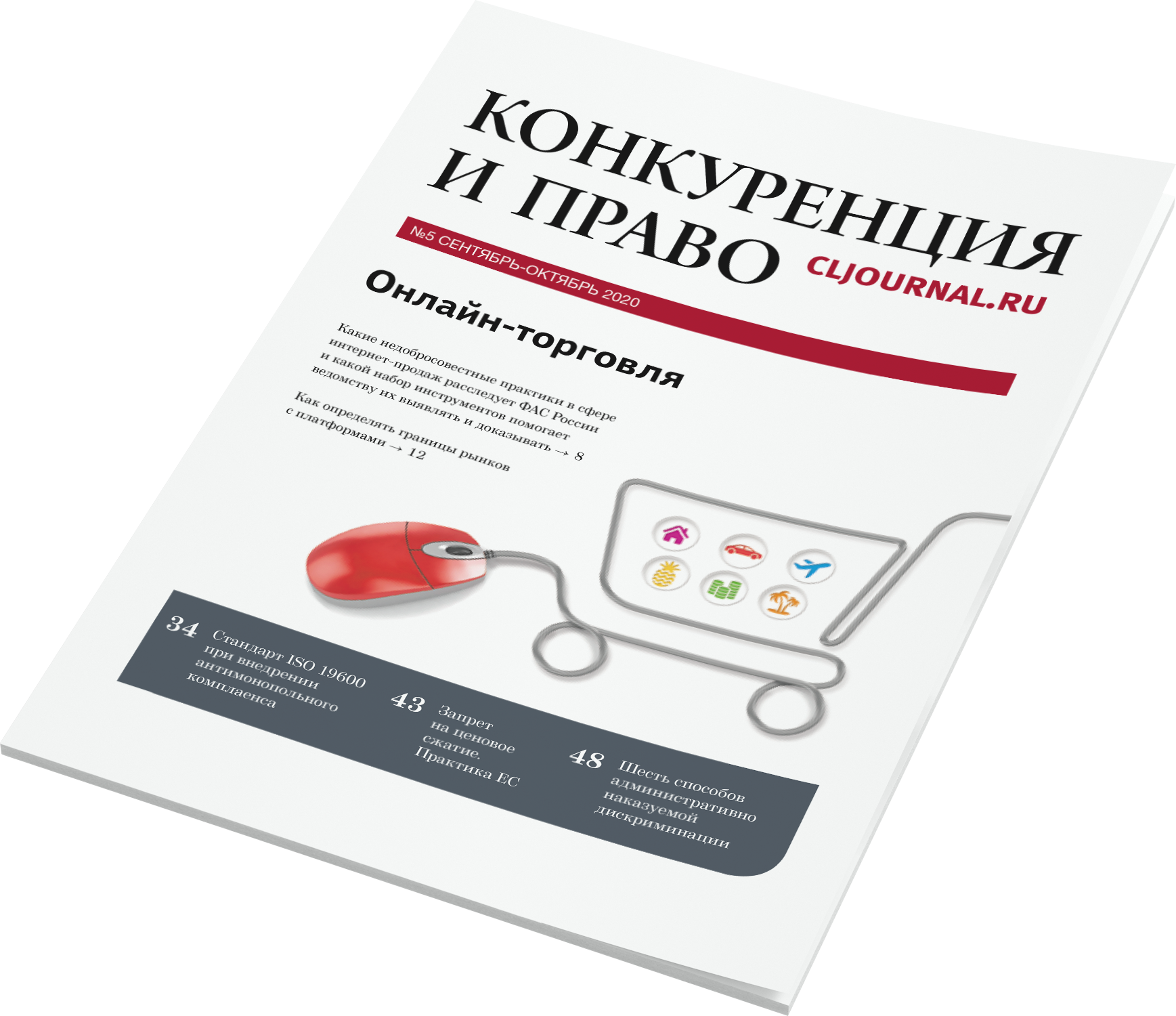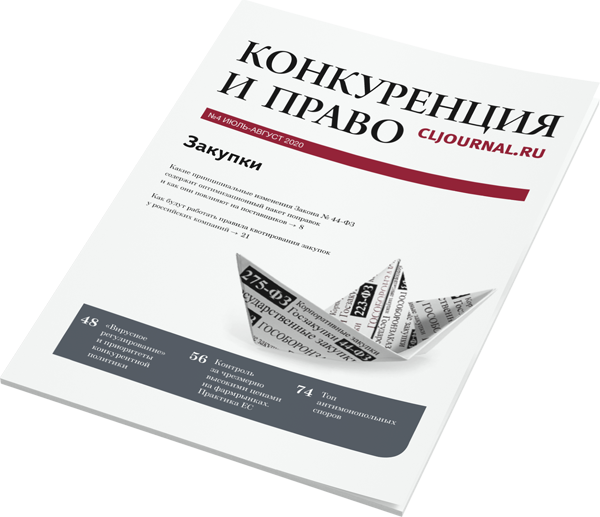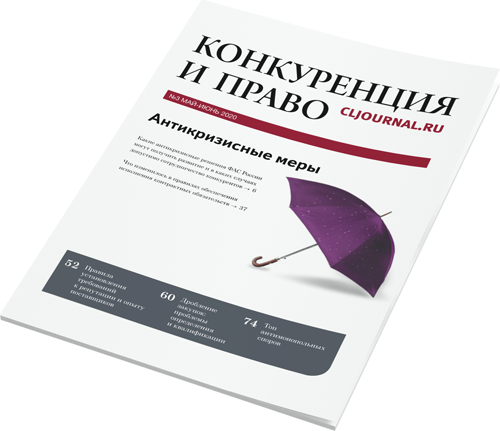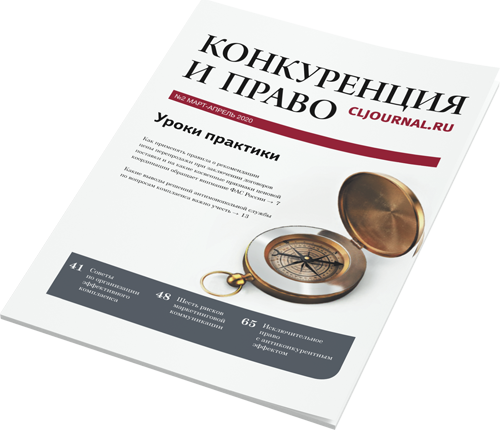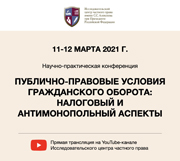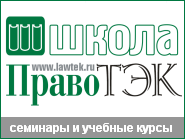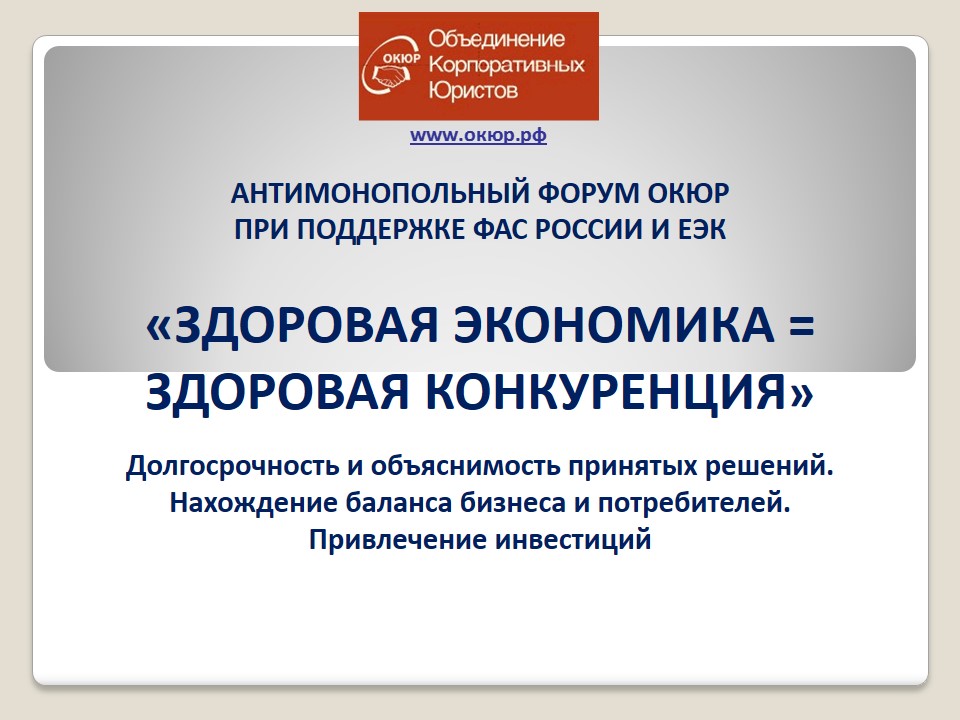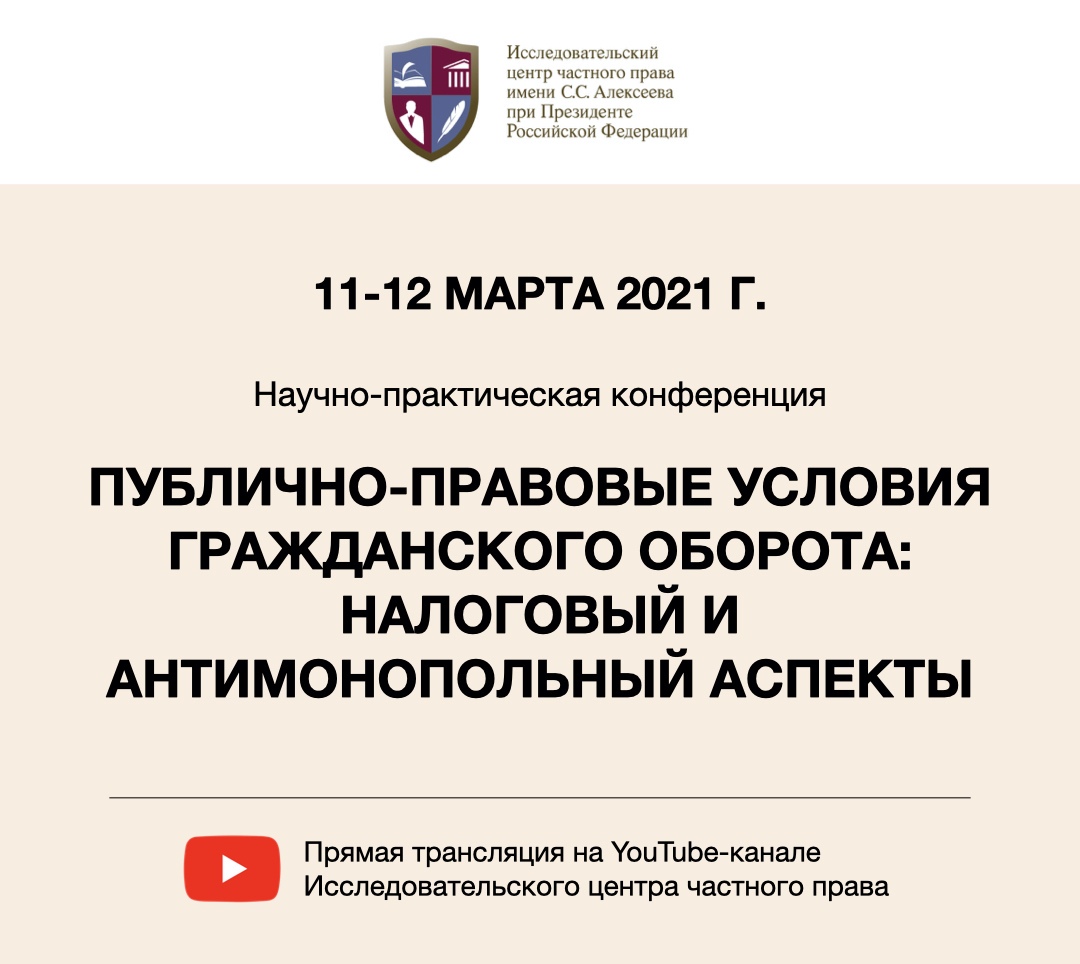|
||||||
 Published in Competition and
Law journal, Issue 3,
2018
Elena Sokolovskaya, Chief Expert of Competition and Law journal Cases are being encountered ever more frequently when anticompetitive agreements during bidding processes are entered into and implemented using auction robots. Bad-faith participants of procurement are developing more sophisticated schemes for breaching antitrust prohibitions and are able to cover the digital traces of anticompetitive conduct. The regulator in turn is learning to identify such traces, to document them and to prove robotic collusions. Examples of the successful fight against this are already available.
In 2017 the Department of the FAS of Russia for Murmansk Region (the “Murmansk Department of the FAS”) considered a case concerning auction robots. As a result the antimonopoly authority imposed a fine on Orko-invest LLC and Management Company “Waste management centre” LLC for entering into an oral anticompetitive agreement when conducting 25 electronic bidding processes with respect to the collection and removal of solid waste1.
For informationThe Presidium of the FAS of Russia named the case of the Murmansk Department of the FAS as one of the best in the practice of identifying collusions in bidding for 2017. The new approaches will be used by all the regional antimonopoly authorities.
An auction robot is an optional function (a special program module) of the personal account of auction participants on an electronic platform. It allows pricing proposals to be filed automatically during bidding until the specified threshold, based on an electronic document instruction with the auction robot’s settings, filled out and signed by the participant’s electronic digital signature. In general the use of an auction robot is lawful, but participation in a bidding process using an auction robot aimed at increasing, decreasing or maintaining prices as a result of collusion is unacceptable.
In fact the companies only created a façade of competition between each other, since the decrease of the price was done in turn and amounted to only 0.5%. If other business entities participated in the bidding, the offenders were decreasing the initial (biggest) contract prices to the maximum extent by more than 50%. And vice versa, in bidding in which only the offenders took part, they acted untypically passively: making one bid of each of 0.5% and 1%, refusing further competition and entering into contract at the most favourable price for them. On 27 April 2018 the Commission of the FAS of Russia issued a decision in another case concerning a violation of a bidding procedure by using special software. VALIRIA LLC and Egamed LLC were recognised as having breached the prohibition on agreements that restrict competition2. The companies were participating in procurements for the supply of medical consumables for the needs of institutions of the state healthcare system. Using robots they were maintaining prices in 14 auctions for a total amount of more than RUB 195,000,000. It is noteworthy that the aggregate of only indirect elements allowed the antimonopoly authority to identify the presence of unlawful agreements. The companies used a unified infrastructure, with bids being made from the same IP-addresses. The offenders followed a single sustainable pattern of behaviour: they refused to compete in the bidding, and jointly prepared applications for participation. This was evidenced by the similarity of the documentation provided and the coincidence of the file properties. It is interesting that, in both cases, management positions in the companies were occupied by the same persons. The active use of digital technologies by companies and the need of the antimonopoly authority to respond to new market trends predetermined the amendments to federal laws No. 223-FZ “On the procurement of goods, work and services by certain types of legal entities” dated 18 July 2011 and No. 44-FZ “On the contractual system in the area of the procurement of goods, work and services to provide for state and municipal needs” dated 5 April 20133. The amendments that will come into force from 1 January 2019 establish new requirements for procurement: all bidding processes will be held in electronic form. It can be presumed that these new developments will result in not only an increase in the adverse consequences of bad-faith actions of participants owing to the scale of electronic bidding, but at the same time new computerised methods will originate for violating antitrust legislation. And in such a case, the antimonopoly service will have to develop new methods for uncovering and proving robotic criminal collusion. However, as the case law shows, the FAS already has effective mechanisms for reacting to such offences, and the regulator has learned to trace digital trails which become additional evidence of a cartel agreement. Will digitalisation result in the strengthening of the threat to competition, or will the regulator’s readiness to combat new unlawful behaviour on electronic platforms force bidding participants to refrain from violations? We will monitor the development of case law and hope that the forthcoming legislative amendments reduce the number of violations in this area. _______________________1 Courts upheld the position of the Murmansk Department of the FAS – see: resolutions of the State Commercial Court for the Murmansk Region dated 13 January 2017 and of the Thirteenth Commercial Court of Appeal dated 2 May 2017 in case No. А42-6006/2016. 2 The Decision of the Commission of the FAS of Russia dated 27 April 2018 in case No. 1-11-166/00-22-17. 3 Federal Laws dated 31 December 2017: No. 504-FZ “On amending the Federal Law “On the contractual system in the area of procurement of goods, work and services to provide for state and municipal needs” and 505-FZ “On amending certain items of legislation of the Russian Federation”. 18 июня 2018 г.
|
|


